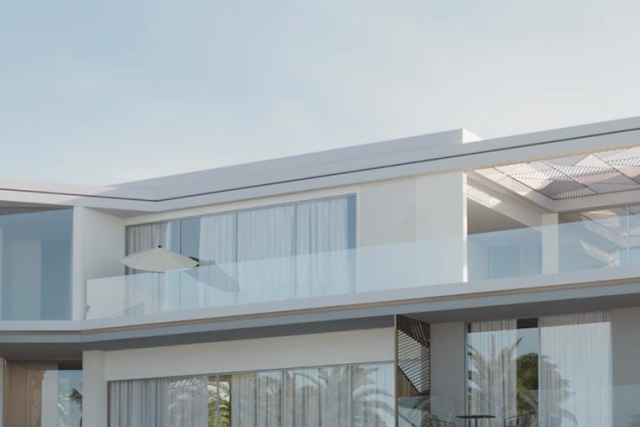Accuracy plays a key role in shaping metal components for various applications. Even small errors can affect the strength, fit, and function of the final product. This is why leading aluminium fabrication companies in UAE focus on advanced techniques and tools to maintain high precision throughout the process. From cutting and welding to finishing, every step requires careful planning to achieve consistent results.
Accurate measurements:
Proper measurements are the foundation of high-quality aluminium fabrication. Even a minor miscalculation can lead to material waste and assembly issues. Using digital measuring tools, laser cutting machines, and CNC (Computer Numerical Control) technology can improve accuracy. Regular calibration of equipment also ensures reliable measurements.
Precision cutting:
Aluminium sheets and profiles need to be cut to exact dimensions to ensure they fit perfectly in their intended applications. Rough or uneven cuts can cause problems during assembly. Laser cutting, waterjet cutting, and CNC machining provide clean and precise cuts. Choosing the right method depends on the thickness and type of aluminium being used.
Welding consistency:
Welding aluminium requires a high level of accuracy to avoid weak joints and material distortion. Uneven welding can reduce the strength and durability of the final structure. TIG and MIG welding, along with proper pre-cleaning of surfaces, can help create strong and consistent welds. Using automated welding machines can also improve accuracy.
Surface finishing:
The final look and durability of aluminium components depend on the quality of surface finishing. Scratches, dents, or uneven coatings can affect the appearance and performance of the product. Techniques like anodising, powder coating, and polishing help create smooth and uniform finishes. Proper handling and storage also prevent surface damage.
Quality control:
Regular inspections and quality checks help maintain precision throughout the fabrication process. Errors detected early can save time and materials. Using digital inspection tools, 3D scanning, and automated testing ensures that products meet design specifications. Following strict quality control standards improves consistency.
Precision is key in aluminium fabrication, as it affects both functionality and appearance. By focusing on accurate measurements, cutting, welding, finishing, and quality control, fabricators can achieve high-quality results. You can also seek help from professionals to achieve your desired goals.



MOST COMMENTED
General
When To Visit A Gum Specialist For Treatment
General
5 Questions to Ask Before Hiring a 3D Animation Company
General
The Importance Of Precision In Aluminium Fabrication
General
What Is The Average Price Of Flats In Dubai?
General
Tips To Choose The Right Scale For Architectural Models
General
How To Determine The Right Portion Size For Your Dog
General
How Dubai Courts Handle Disputes Over DIFC Wills